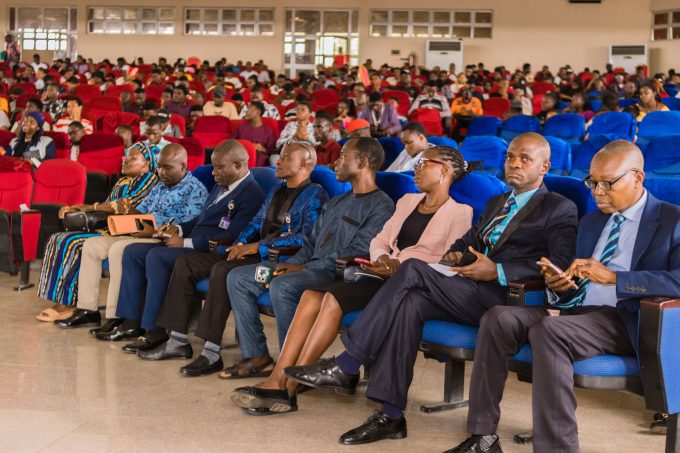 The Nigerian Communications Commission (NCC) has established a robust regulatory framework to ensure transparency, value for money, and effective tracking of the ongoing $1 billion telecom network deployment. The initiative is aimed at overhauling the country’s telecommunications infrastructure and improving the quality of service for millions of subscribers.
The Nigerian Communications Commission (NCC) has established a robust regulatory framework to ensure transparency, value for money, and effective tracking of the ongoing $1 billion telecom network deployment. The initiative is aimed at overhauling the country’s telecommunications infrastructure and improving the quality of service for millions of subscribers.
This development comes amid a wave of vandalism and theft targeting telecom installations nationwide, which has led to widespread service disruptions, connectivity blackouts, and significant financial losses for network operators.
The $1 billion investment made possible by a tariff adjustment approved in February 2025 marks a major shift following a decade of underinvestment, rising operating costs, and infrastructure decay. The deployment, which began in June, includes the shipment and installation of modern transmission equipment, fiber optic cabling, and power systems sourced through global Original Equipment Manufacturers.
To monitor the rollout, the NCC is conducting detailed market assessments and refining its cost-reflective pricing models. These are designed to strike a balance between profits being made by operators and consumer affordability, while promoting fair competition and digital inclusion across the country.
As part of the oversight strategy, the Commission is also holding monthly progress review sessions with mobile network operators to ensure transparency and track milestones. These sessions enable operators to share deployment updates, highlight challenges, and collaborate with the NCC on resolving bottlenecks.
The infrastructure upgrade is expected to enhance broadband penetration, improve 4G and 5G services, and reduce persistent issues such as network congestion, dropped calls, and slow internet speeds.
However, the rollout faces growing threats from vandalism, theft, and civil works-related damages. The Association of Licensed Telecommunications Operators of Nigeria (ALTON) has reported hundreds of incidents between May and July 2025 across Rivers, Lagos, Ogun, Osun, Imo, Kogi, Ekiti, Abuja, and other states.
Stolen items include power cables, rectifiers, fiber optic cables, diesel generators, batteries, and solar panels, critical components that support uninterrupted telecom operations. These components are often resold through a thriving black market, posing both a security risk and a major setback to digital development.
ALTON has raised concerns over the increasing frequency and geographical spread of sabotage, as well as damage caused by road construction activities that accidentally sever underground fiber cables, resulting in service outages and operational losses.
Telecom infrastructure is legally designated as critical national infrastructure under the Federal Government Gazette No. 133, Volume 108, dated March 17, 2021. Damaging or unlawfully possessing such infrastructure is a criminal offence under Nigerian law.
ALTON has called on national security agencies, including the Office of the National Security Adviser, the Nigerian Police Force, the Department of State Services, and the Nigeria Security and Civil Defence Corps, to take swift and coordinated action to protect telecom infrastructure.
If these threats persist, industry stakeholders warn that the progress made through the $1 billion investment could be severely undermined, potentially leading to a nationwide breakdown in communications services.
The NCC has reiterated its commitment to engaging with all stakeholders, adopting international best practices, and using data-driven oversight to ensure that the massive infrastructure rollout results in lasting value and improved digital access for all Nigerians.








Leave a comment